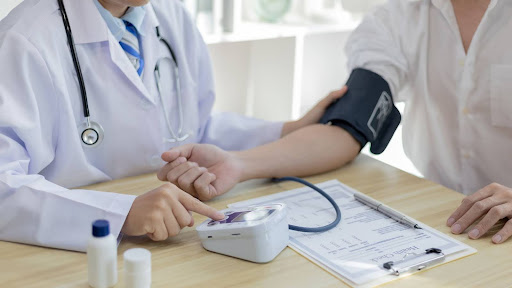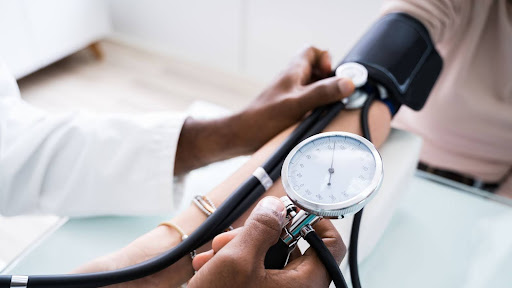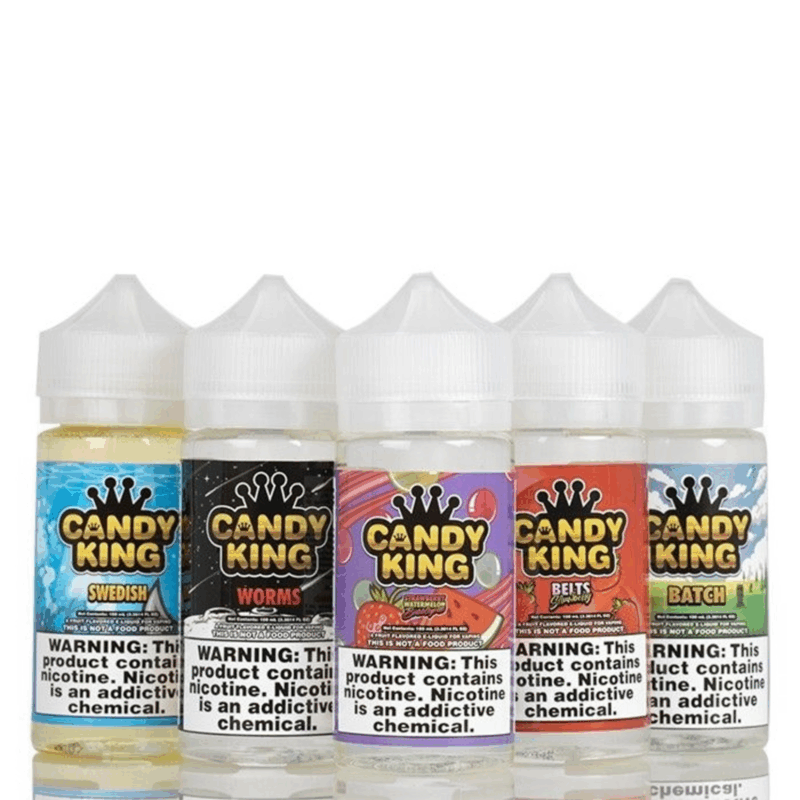
Many people everywhere struggle with high blood pressure which is a common health issue. A successful approach for managing and avoiding this condition is to watch your salt intake. Fewer salty foods in your diet support your heart and help your blood pressure remain healthy.
Sodium is important for the body, but if you have too much, it holds water, causing blood vessels to become more pressurized. In the long run, constantly facing too much pressure may result in serious heart problems or a stroke. One important action for people wanting to improve their diet is to use less sodium.
Why Sodium Affects Blood Pressure
Since sodium makes the body maintain more fluid, blood volume goes up and the pressure within the blood increases. As a result, the heart must pump harder which may cause damage to our arteries. Regularly eating a lot of sodium increases the risk of hypertension for those who are genetically or lifestyle-wise more likely to develop it.
lowering the amount of sodium in your diet lowers the fluid levels in your blood. This relaxes your blood vessels and allows the heart to work less. As a result, your blood pressure is naturally lowered which is good for your heart over time. Even though switching to this diet may seem easy, it can have great results, especially when you also make other positive changes and depend on supporting blood pressure products, if needed.
Benefits Of Reducing Sodium In The Diet
Following a low-sodium diet improves heart function by making it easier for the heart to work. In addition to people with high blood pressure, those with heart failure or various heart problems also experience benefits from this. With time, a low-sodium diet can boost energy levels, improve your blood flow and reduce the chances of heart attack and stroke.
Cutting your sodium intake usually results in eating healthier foods. Cutting down on salty foods naturally helps people choose healthier whole foods such as fruits, veggies and lighter proteins. Ensure these foods are in your diet, along with supplements if a high blood pressure medication is advised.
How To Reduce Sodium Intake Effectively
Reducing sodium is simple if you cook most of your meals with fresh ingredients at home. Sometimes packaged foods and even things served in restaurants are exceptionally high in sodium, even if they do not taste very salty. Choosing items with a “low sodium” label and checking what’s in the packaging allow people to select healthier options.
If you replace some of the salt with herbs, spices and natural enhancers, your food will be much healthier. With time, your taste buds get used to less salt and you feel less desire for salty choices. When sodium intake goes down, usually blood pressure lowers, but this works best when reducing sodium is combined with other blood pressure support habits.
The Role Of Supplements And Support Strategies
While changes in diet are crucial, extra help can improve them for some people. Magnesium, potassium and omega-3 fatty acids have been found to help balance blood pressure on their own. Having these processed drinks is recommended with your healthcare provider’s help and should not be taken to replace eating healthy foods.
Doing things like practicing mindfulness, drinking enough water and sleeping regularly may help you control your blood pressure. When sodium is reduced and these solutions are followed, together they provide a strong way to manage blood pressure.
Sodium Awareness And Long-Term Health Planning
It’s important to know how much sodium is in regular foods if you want to make lasting changes. A lot of people are taken aback by the fact that bread, cereal and condiments are actually high in sodium. The first thing anyone can do for their health is to learn about it and this encourages individuals to take action.
While following a low-sodium diet calls for patience, the benefits are really worth it. The rewards are lower blood pressure, strong heart health and less risk of chronic health problems. People who use medicine or supplements for high blood pressure can benefit from better nutrition which can make their treatment plan both effective and kept up with over time.
Conclusion
A low-sodium diet is very important for keeping blood pressure under control. If you eat fewer salty foods and more whole, fresh foods, it may be good for your heart and aid in using less medication.
If you continue with healthy lifestyle habits and take blood pressure supplements, eating less sodium becomes crucial for your good health.














